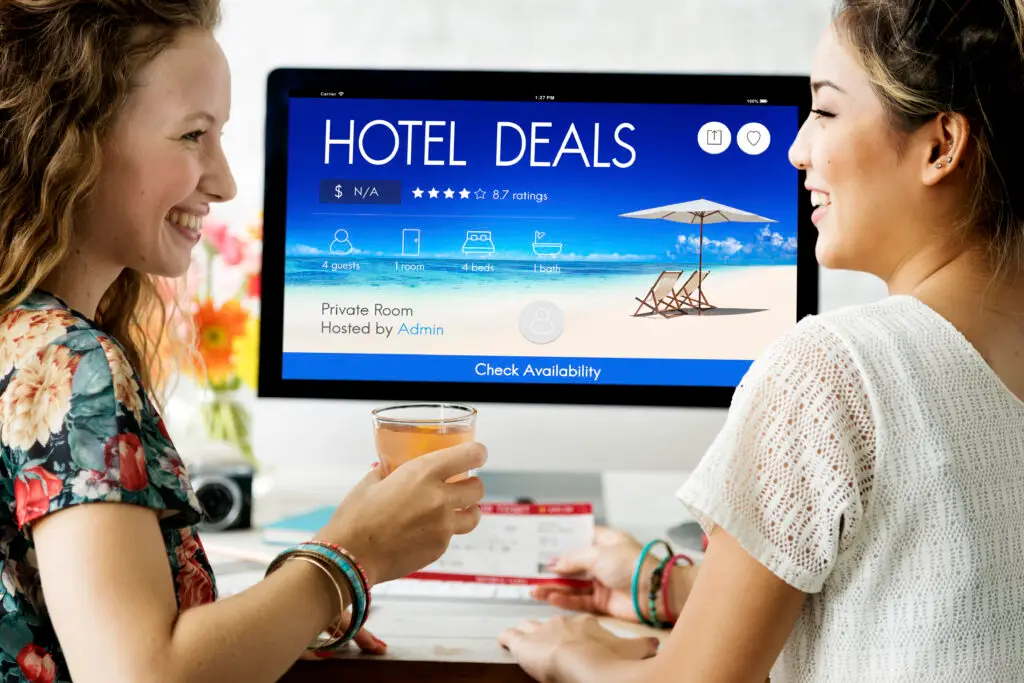Traveling alone can be an exciting and rewarding experience, but it also comes with its own set of risks. Whether you’re exploring a new city or embarking on a long-term solo adventure, staying safe should be a top priority. Here are some essential tips to ensure your safety while traveling alone.
1. Research Your Destination
Before you travel, take the time to research your destination, including:
- Local laws and customs
- Common scams targeting tourists
- Safe and unsafe areas
- Emergency contact numbers
Useful resources:
2. Share Your Itinerary
Let a trusted friend or family member know your travel plans, including:
- Flight details
- Hotel bookings
- Daily itinerary
- Emergency contact information
Apps like Google Maps Location Sharing or Find My Friends can also help keep you connected.
3. Stay Aware of Your Surroundings
When traveling alone, always stay alert and:
- Avoid walking alone in poorly lit or unfamiliar areas at night.
- Keep an eye on your belongings.
- Trust your instincts—if a situation feels unsafe, remove yourself from it immediately.
4. Keep Your Valuables Secure
To avoid theft:
- Use a money belt or hidden pouch for cash and important documents.
- Carry only what you need for the day.
- Store backup copies of your passport and other essential documents online.
5. Use Safe Transportation Options
- Stick to registered taxis or rideshare apps like Uber and Bolt.
- Avoid hitchhiking or unregistered transport services.
- If using public transportation, be cautious of pickpockets.
6. Book Accommodations in Safe Areas
Choose reputable hotels, hostels, or Airbnb stays with good reviews. Check for:
- Secure locks on doors and windows.
- 24/7 reception or security services.
- Proximity to transportation hubs and well-lit areas.
7. Stay Connected
- Carry a portable charger to keep your phone powered.
- Get a local SIM card or an international roaming plan to ensure connectivity.
- Save emergency contact numbers, including the nearest embassy or consulate.
8. Be Cautious with Strangers
While meeting new people is part of the travel experience, be mindful of:
- Overly friendly strangers who may have ulterior motives.
- Sharing too much personal information.
- Accepting drinks or food from people you don’t know well.
9. Learn Basic Self-Defense
Taking a self-defense class before your trip can give you confidence and skills to handle unexpected situations.
10. Have Travel Insurance
Comprehensive travel insurance covers medical emergencies, theft, and trip cancellations. Some reliable providers include:



